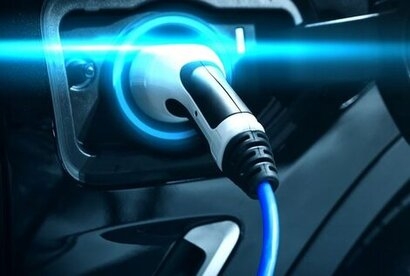
With more than 10 million vehicles sold in the US last year, the automotive industry is estimated to contribute $1.1 trillion to the US economy every year. The US government has identified that battery development and production are strategically important for the country as part of its transition to a clean energy economy and to remain competitive in the global automotive industry.
While North American automotive manufacturers have committed manufacturing capacity to meet the increasing demand for electric vehicles, the future of the North American automotive industry relies on sourcing lithium hydroxide on the continent rather than importing it from China and Asia, as well as creating an integrated domestic supply chain.
“The US is the birthplace of the automobile and the second largest car producer in the world” said Philip Gross, Chief Executive Officer of Snow Lake Lithium. “With increasing demand for electric vehicles, we are facing a once-in-a-century industrial pivot and need to act fast to avoid losing our competitiveness in the global market. To succeed in the future net zero economy, we need to create a vertically integrated domestic supply chain to achieve battery production at scale and future supply security. Government, OEMs, battery manufacturers, supply chain and academia need to come together to create an integrated and comprehensive electrified ecosystem including lithium mining and processing plants, as well as manufacturing capabilities and charging infrastructure. At Snow Lake Lithium, we strongly believe that now is the time to build a rock to road supply chain for electric vehicles for the longevity of the industry.”
Based in Manitoba, Canada, Snow Lake Lithium is developing the world’s first all-electric Lithium mine to enable domestic supply of this critical resource to the North America electric vehicle industry.
The company is ideally located to serve the North American automotive industry with access to the US rail network via the Artic Gateway railway, which reduces transportation from thousands of miles by road and boat to just several hundred by train.
The 55,000-acre site is expected to produce 160,000 tonnes of 6 percent lithium spodumene a year over a 10-year period. Currently, Snow Lake Lithium has explored around 1 percent of its site and is confident that further exploration will increase estimates over the course of the next year. Snow Lake Lithium’s mine will be operated by almost 100 percent renewable, hydroelectric power to ensure the most sustainable manufacturing approach.
Over the coming months, the company will continue its engineering evaluation and drilling programme across its Thompson Brothers Lithium Project site, with the expectation that mining operations will transition to commercial production in late 2024.
For additional information:

